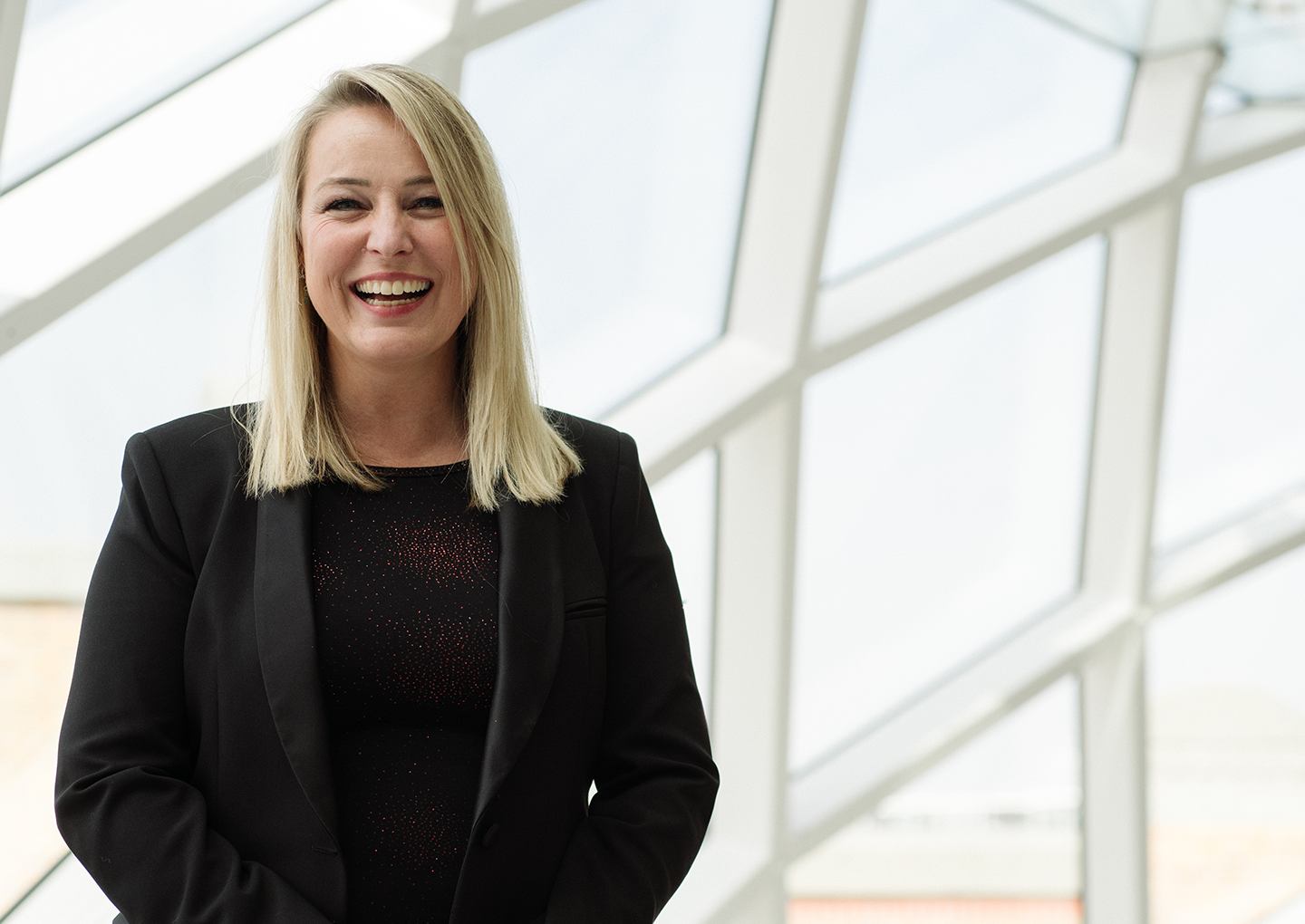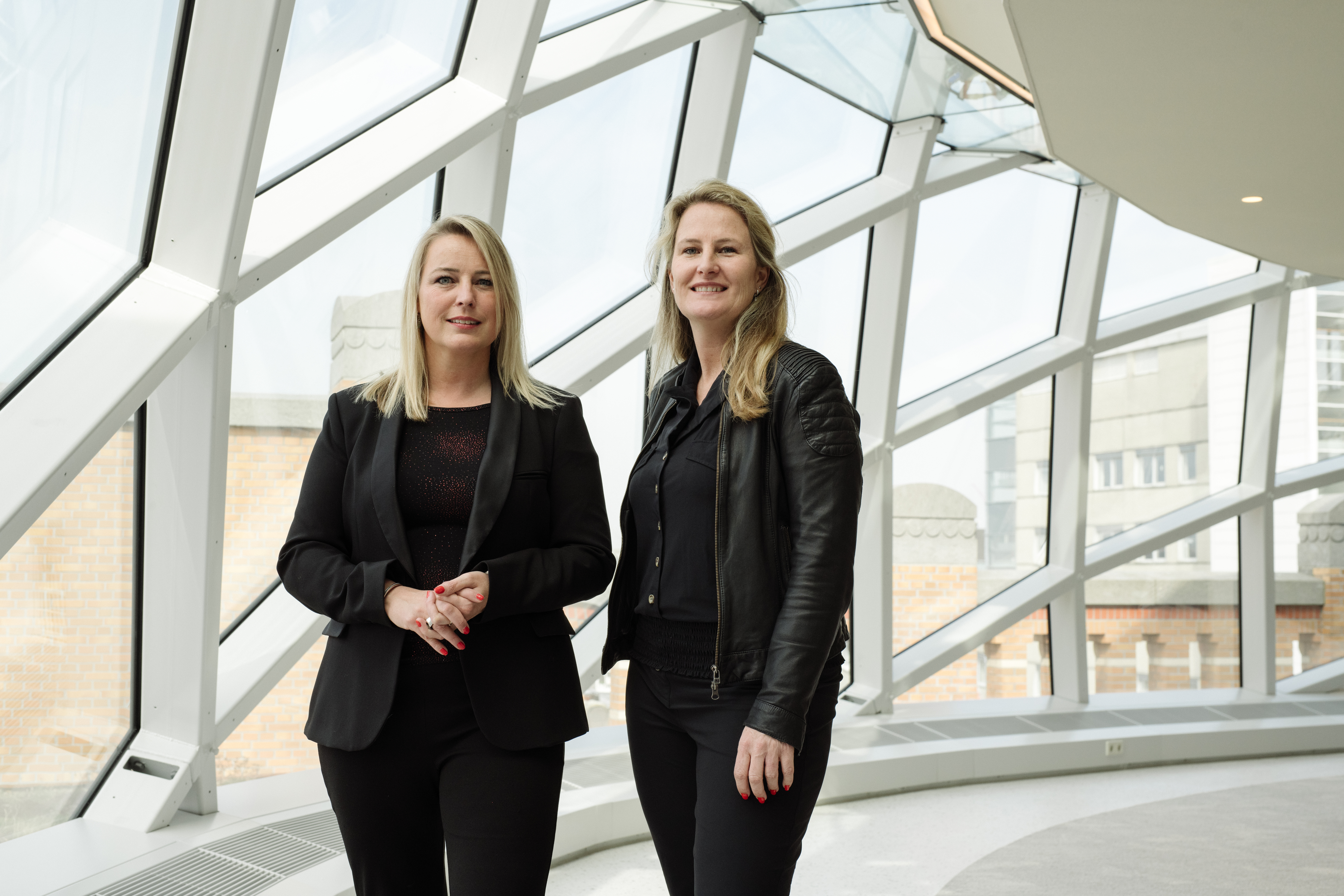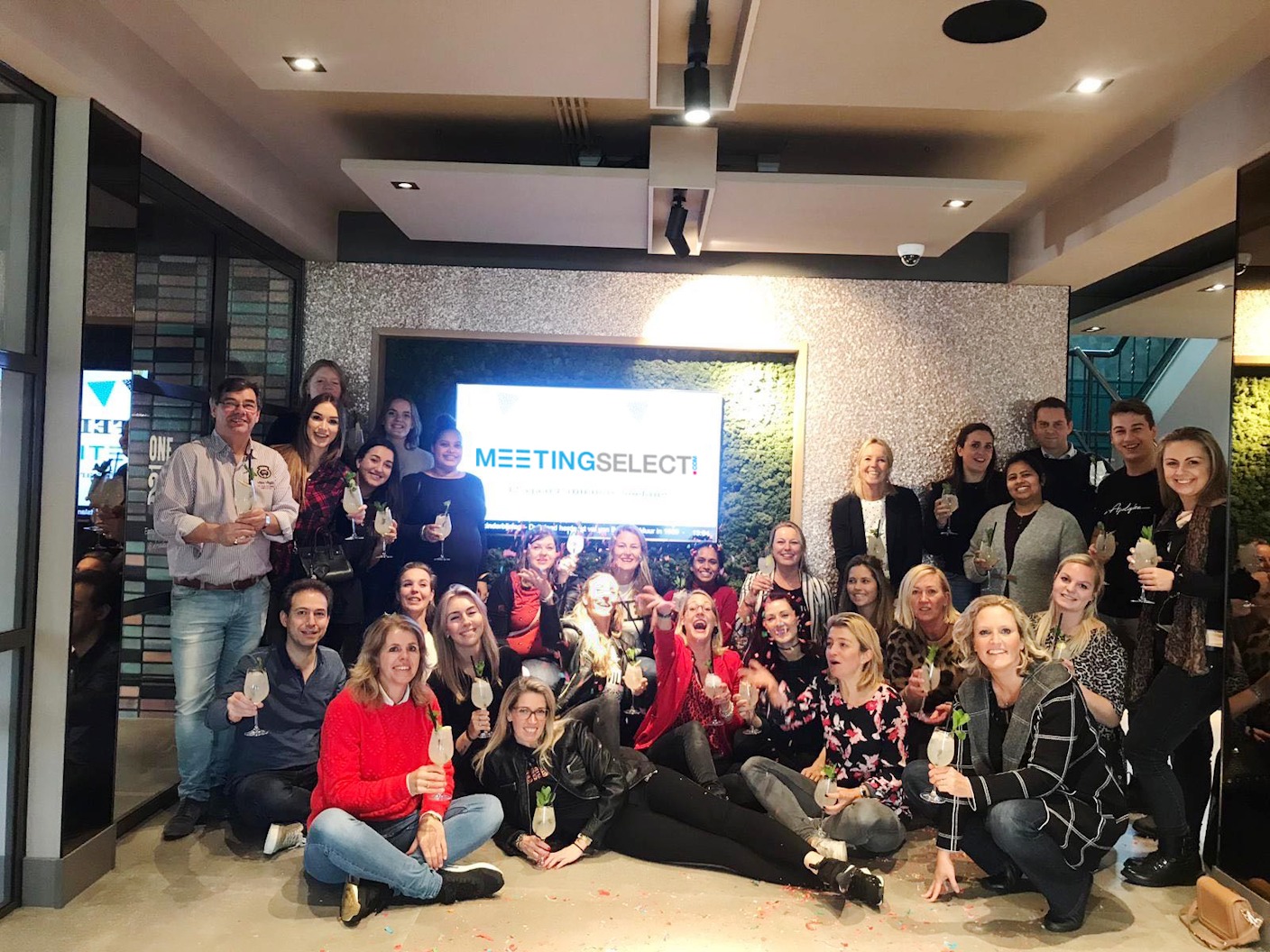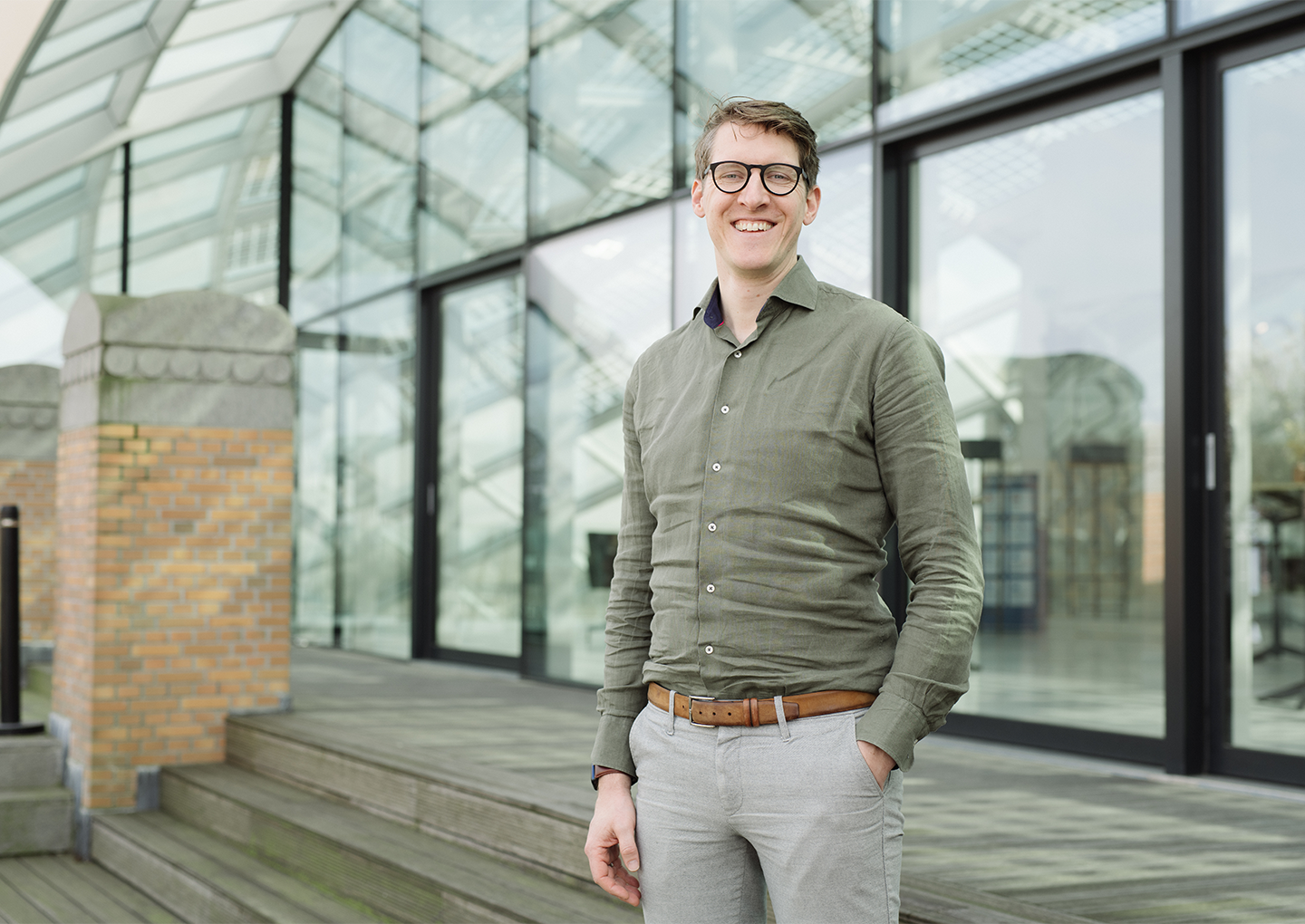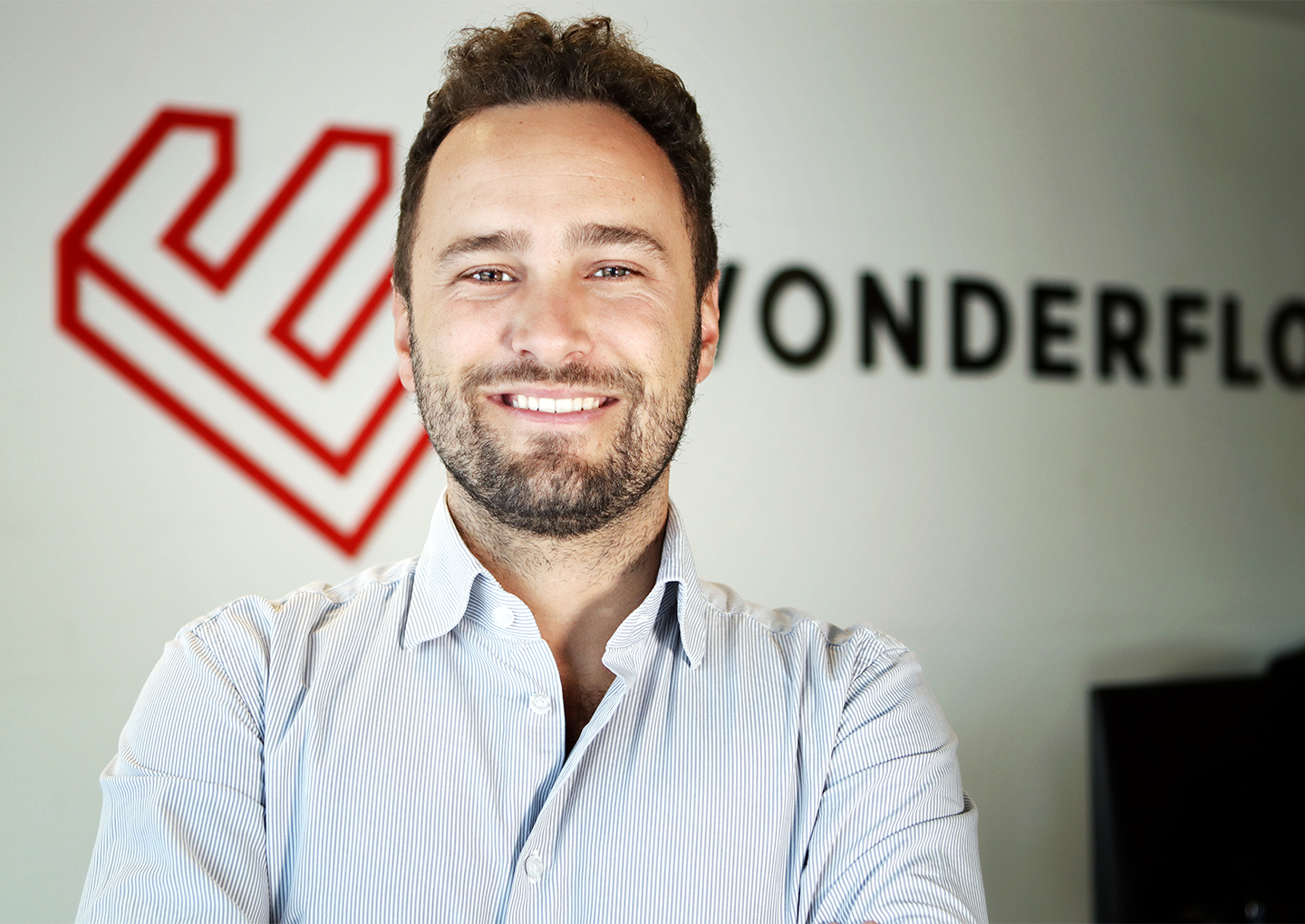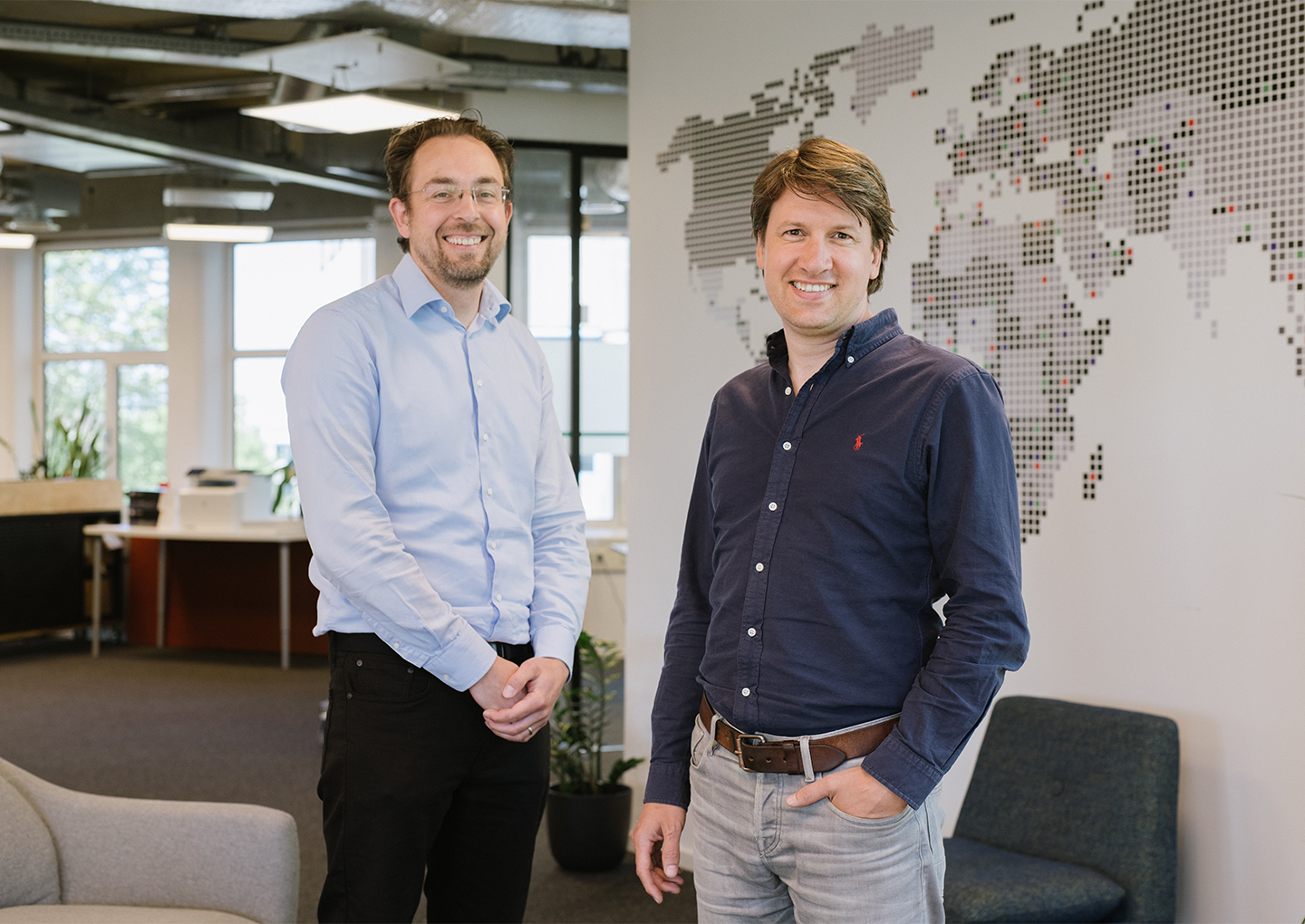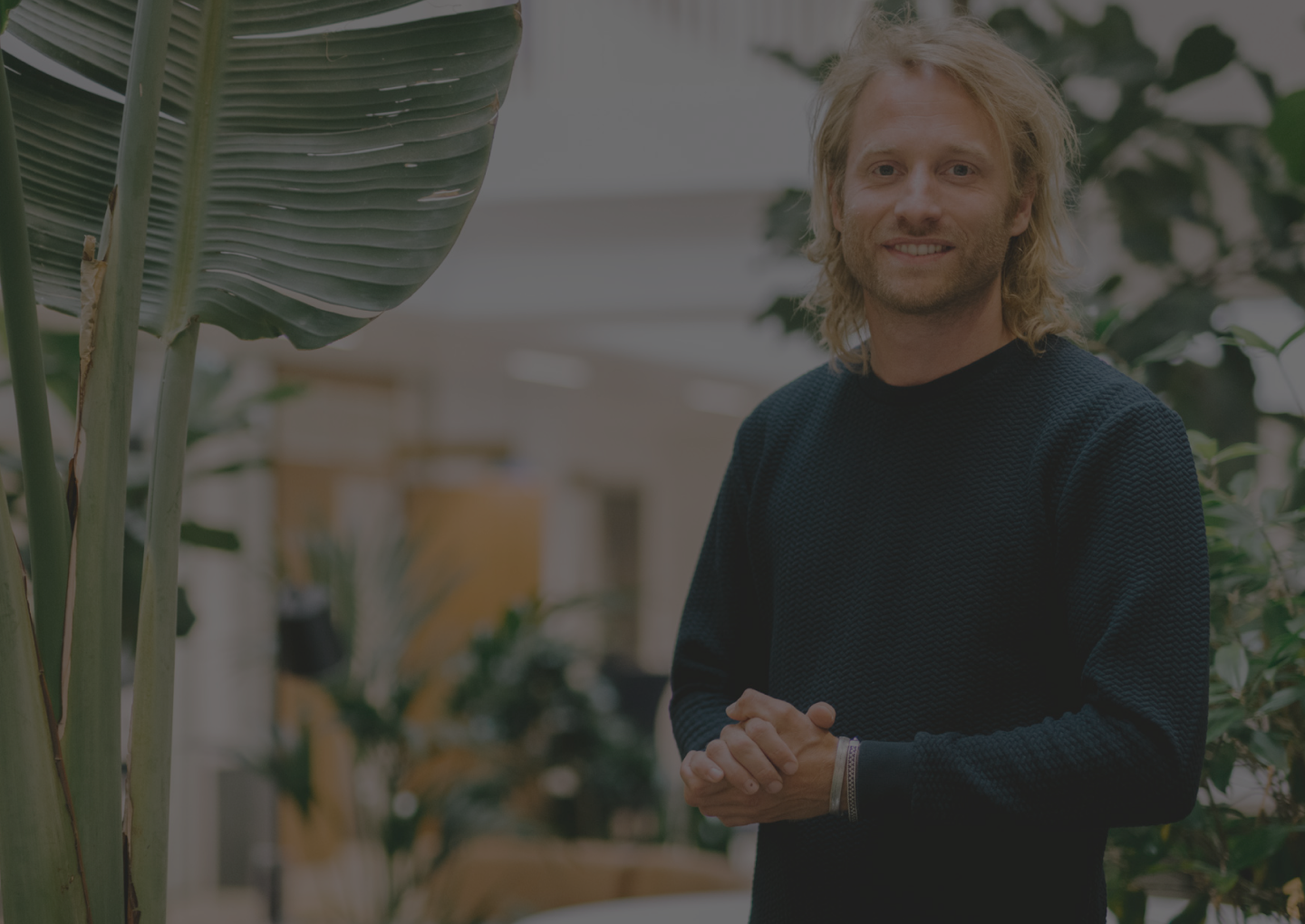Judith explains how the culture at Meetingselect is built around five core pillars. She also says there is a big emphasis on mutual trust which allows the team a more flexible approach to the working day when necessary.
“We’ve decided on five pillars within our organisation which are important to us. These help build and develop the company into one we can always be proud of.
“Growth, client-centricity, equality, innovation and fun are the five pillars.
“You spend a lot of time with your colleagues, normally at the office, so one has to enjoy it to be successful it has to be fun. I think we as founders have really brought that to the fore. Combining that with our client-centricity and optimistic growth ambitions helps us build this culture we really want to be recognised for.
“We also have a lot of ambitions moving forward in terms of innovation and improving our customer experience, so that again stems back to those core pillars.
“What we have always tried to achieve is this environment where everybody feels trusted with their work.
“We understand the responsibilities that come with being a parent or having friends & family lives, so if people need to leave during the day and finish up at home in the evenings, that’s completely fine.” (Read our People and Culture Scaleup guide)
“Meetingselect is a female-founded company and we embrace diversity in all flavors, from male to female, from young to old, CSR oriented, people with a great distance to the labor market up to international workforces with different backgrounds.
“Due to our open and flexible corporate culture we indeed have lot of females working for us from various international backgrounds. Our Tech, Project Management and Commercial Teams are managed by female directors. However we believe in the right balance, and we also have great male directors in our team, like our CEO Martin Bergonje. So unusual right? male directors, male CEO? Let’s just get the job done with the best diverse team.” (Read our People and Culture Scaleup guide)

